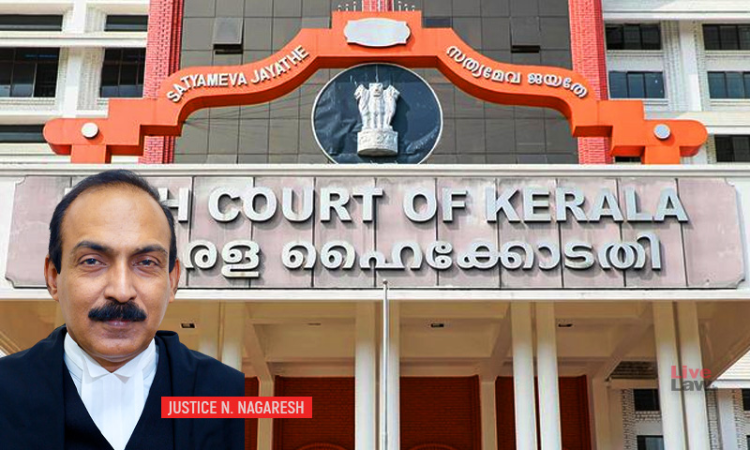Maoist Threat In Locality Valid Reason To Deny NOC For Explosive Licence : Kerala High Court
Hannah M Varghese
21 Jan 2022 10:02 AM IST

Next Story
21 Jan 2022 10:02 AM IST
The Kerala High Court has held that the presence of a Maoist threat in a locality is a sound reason to deny a No Objection Certificate (NOC) for an explosive license. It was also held that the fact that there is an Anganwadi or a PWD road nearby is also sufficient for such rejection. Justice N. Nagaresh while dismissing a petition challenging the decision of a Magistrate observed as...
